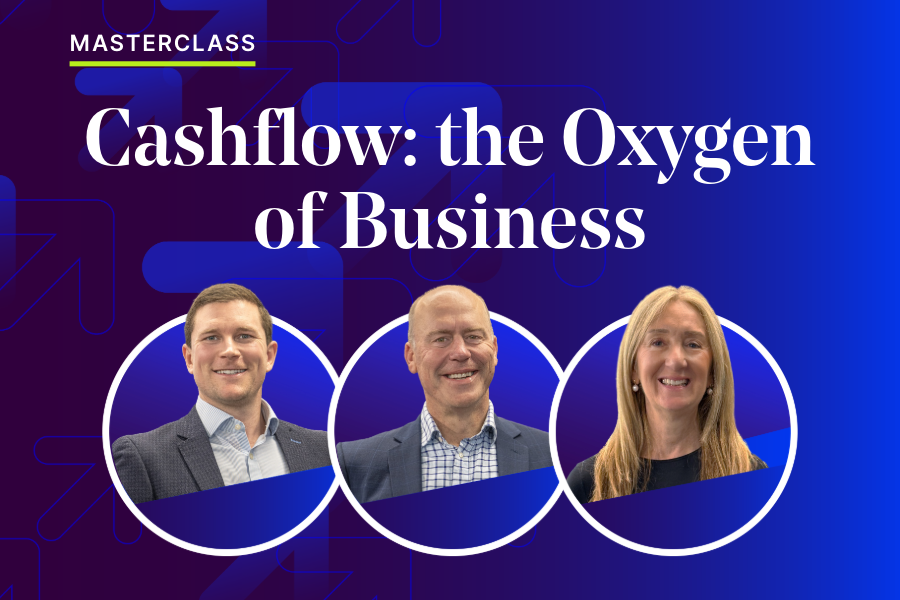Cashflow sits at the centre of SME lending decisions, but it’s not always clear how lenders assess it in practice.
This Q&A captures Banjo’s panel responses to frequently raised questions, offering a lender’s-eye view of how experienced credit and risk teams approach cashflow, risk, and real-world SME lending scenarios.
These answers are intended to support broker conversations and help set clear, confident expectations with clients.
If you’d like deeper context, you can also view the
Cashflow: The Oxygen of Business webinar on-demand
here.
